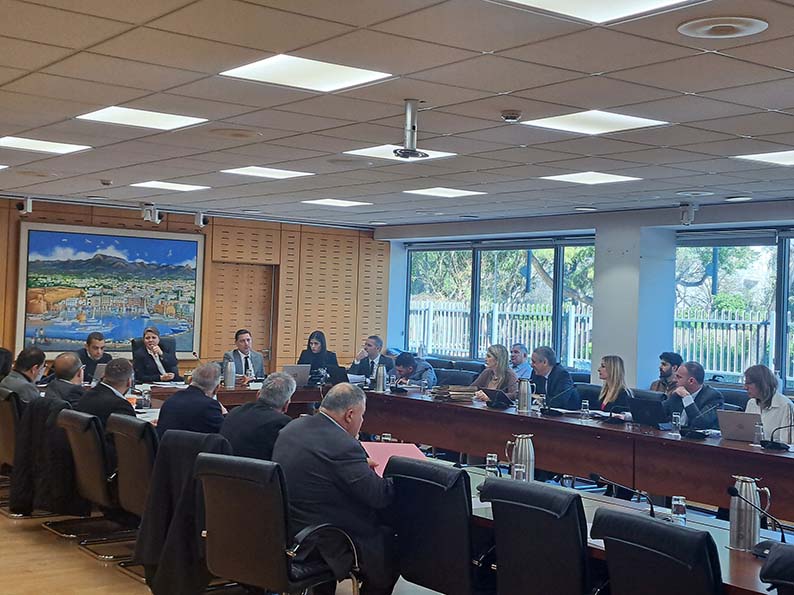Ruling and opposition MPs alike criticised a government bill that aspired to regulate the issue of multiple pensions for officials, during a House finance committee meeting on Monday.
Presenting the bill, finance ministry permanent secretary Andreas Zachariades said the solution to multiple pensions was “a lump sum payment without the right to a pension” when the term in office of an official expires.
This proposal, he said, would apply for terms to come and not positions currently held, in order “to avoid any constitutional complications”.
Zachariades explained that efforts were being made “to simplify the issue through a single law” covering all matters arising for all officials.
The bill sets out the formula for calculating the lump sum for each official based on remuneration, time in office and a multiplier included in the legislation.
It also amends the law on income tax and introduces a 15 per cent tax on the lump sum, while all officials will pay an additional 3 per cent on their monthly income during their term.
Another bill is being discussed to regulate the transfer of retirement from 60 to 65 years of age for current officials.
Zachariades said that, although there were some injustices and distortions, these would “eventually cease to exist”.
Accountant-general Andreas Antoniades said there would be “no problem in the implementation of the bill”.
A Law Office representative said the bill would “not affect vested interests, thus there would be no constitutional issues”.
These new regulations, he said, would apply for newly elected and re-elected officers.
Intense scepticism surrounded MPs regarding the loss of multiple pensions and the introduction of multiple bonuses.
Chairwoman of the House finance committee Diko MP Christiana Erotokritou said her party was against the bill, as it would create “new categories of privileged officials” instead of eradicating distortions.
She explained that MPs elected for a third or fourth term would receive lump sums at the end of every term, creating a “super-privileged class”.
Erotokritou clarified that despite participating in the government, Diko had no involvement in drafting the bill.
Disy MP Onoufrios Koullas expressed concern over the bill, saying it was “a surprise to ruing parties”.
He said the bill was “provocative”, as it established the rights of the president and ministers, and favoured MPs and officers serving long terms.
Koullas also said it raised constitutional questions, as it treated people holding the same office differently, depending on when they assumed their duties.
Akel MP Aristos Damianou criticised the government, saying it was “not keeping with its pre-election promises to eradicate multiple pensions” and was now speaking of doing so over a length of time.
Damianou said Akel would not concede to such regulations and called for “a fair and objective discussion with the government”.
Dipa MP Alekos Tryfonides spoke of “an absence of substantive dialogue between the government and the parties” regarding the bill, adding that, save a single meeting at the finance ministry, there had been no preparation that could have avoided the problems arising on Monday.
Tryfonides said the bill not only did not solve the problem of multiple pensions, but could possibly “create new issues, such as the establishment of multiple bonuses of lump sums.”
The perceived paradox of the Law Office finding constitutional problems in six bills on the same issue but not objecting to the government’s one was also pointed out.
The discussion will continue at the House finance committee on March 10.






Click here to change your cookie preferences